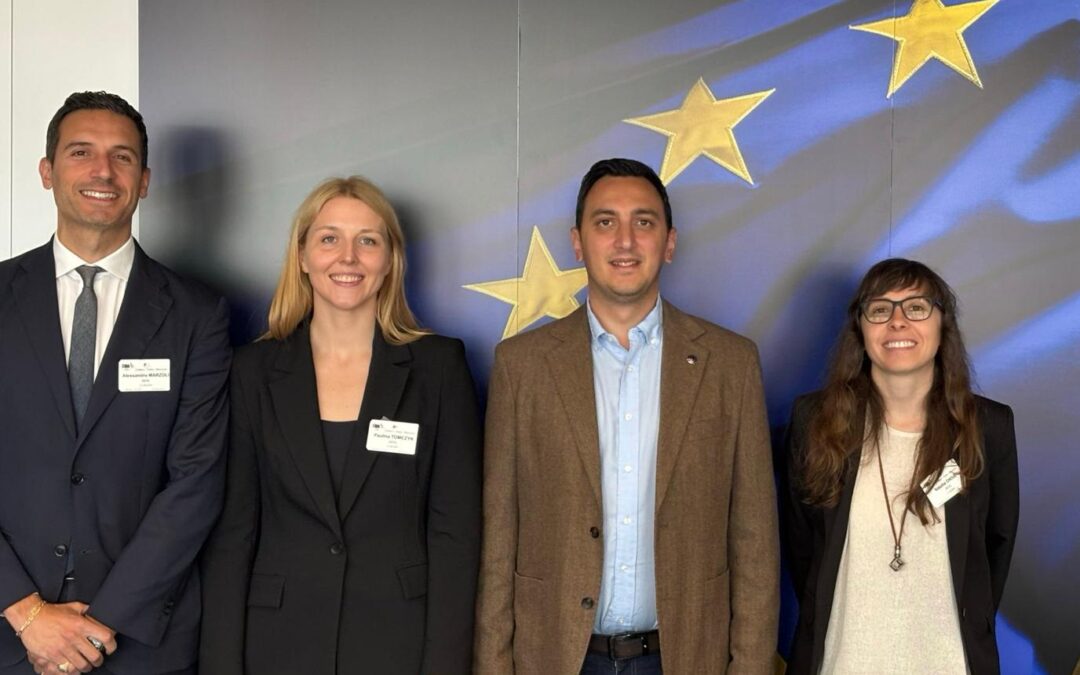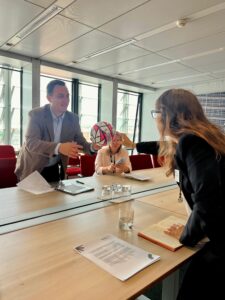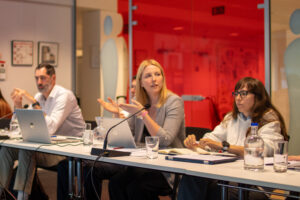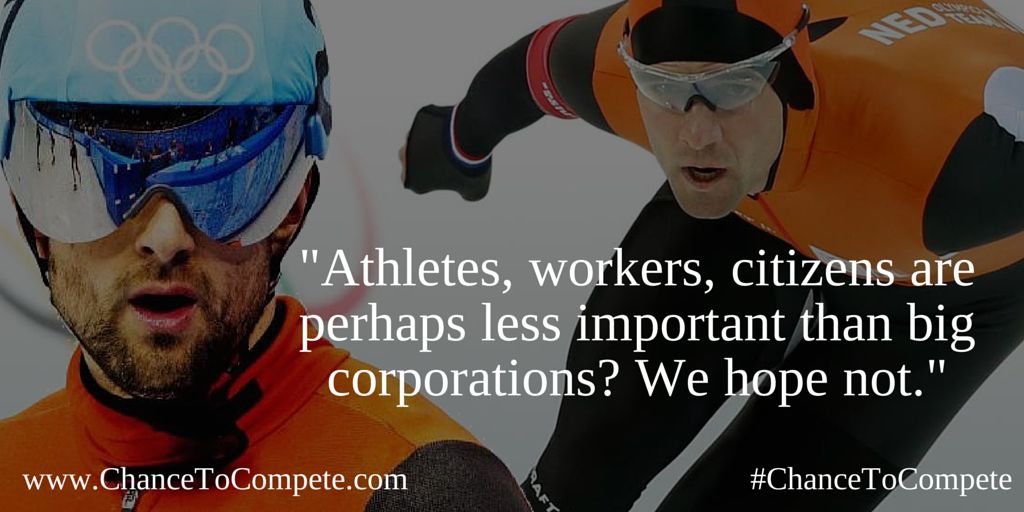
SOPROS Workshop & Commissioner Micallef Meeting
Last week, representatives of the European Athletes and Players Association (EAPA) were in Brussels for a visit that included a meeting with Commissioner Glenn Micallef, the European Commissioner for Intergenerational Fairness, Youth, Culture and Sport.
Led by EAPA President Natalia Orive Siviter, General Secretary Paulina Tomczyk, and EAPA Executive Board Member Alessandro Marzoli, EAPA were in Belgium to bring the voice of athlete and player associations into key discussions through workshops facilitated by the SOPROS project which aims to assess, evaluate, and implement athletes’ social protection in Olympic sports.
The meeting with Commissioner Micallef took place on the second day of the visit to Belgium and marked a significant step forward in recognising athletes not only as performers, but as young citizens with rights, responsibilities, and a rightful place in shaping the systems that govern them.

In a focused discussion, EAPA highlighted the real-world challenges many athletes face and which are often obscured by Olympic medals and headlines. The delegation shared concrete examples from their work, drawing attention to critical gaps in maternity protection and mental health support.
Commissioner Micallef reassured the delegation that the protection of athletes’ rights is a key part of his mandate, and the welfare of all athletes will remain central to his work. He emphasised that sport must reflect the same values that Europe upholds in society, and made it clear that athletes deserve greater freedom, voice, and agency in shaping their futures.
The importance of social dialogue in achieving these goals emerged as a central theme. Discussions underscored the urgent need to strengthen athlete representation across all Olympic sports and to establish formal mechanisms that enable athletes to engage meaningfully with employers, federations, and public authorities.
The engagement with the Commissioner coincided with EAPA’s continued participation with the SOPROS project. The workshop convened high-level representatives from the European Commission (including Sport, Social Security, and Social Dialogue Units), the European Parliament, the Council of Europe, the EU Presidency trio (Poland, Denmark, Cyprus), European federations, and academic and policy experts.

credit: European Olympic Academies
Rooted in the findings of the Erasmus+ EMPLOYS project, SOPROS addresses the ongoing reality that many Olympic athletes lack consistent or enforceable social protections. From inadequate healthcare coverage to unclear pension entitlements and ad-hoc maternity support, the gaps are both significant and systemic.
At EAPA, we understand that policy change alone isn’t enough. Representation matters. Athlete and player associations are essential to turning policy into protection. Our meeting with Commissioner Micallef affirmed that the European Commission not only recognises this truth, but is ready to support it.




